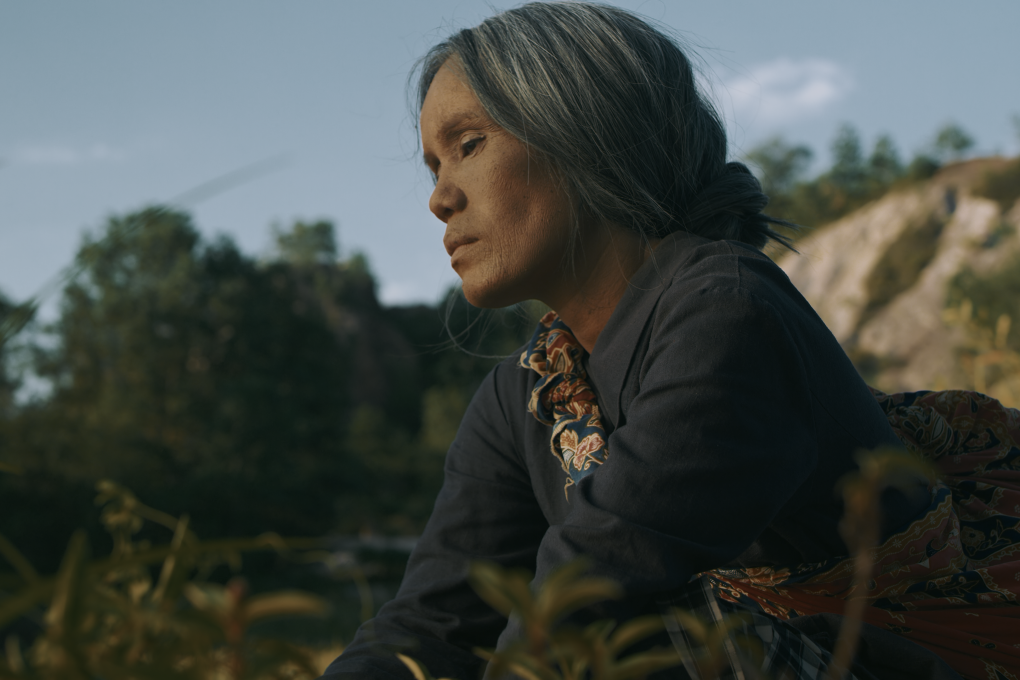Conservative Malaysia’s Oscars 2021 hope is Roh, a horror film made on a low budget – so why the unusual choice?
- Emir Ezwan’s movie tells the story of a blood-soaked girl who appears at a family’s home in a Malaysian rainforest
- Roh is subtly atmospheric, with camera work that accentuates the tension, and its submission should inspire young filmmakers

It was quite surprising to see Malaysia, a country where genre literature and films are often censored or outright banned, announce a low-budget supernatural horror movie as its official submission for the best international film category at the next Academy Awards.
Roh (2019), which translates as Soul, is the debut feature of Kuala Lumpur-based film director Emir Ezwan. His clever short film RM 10 (2016), which follows the journey of a 10 Malaysian ringgit banknote as it changes hands on a sultry Kuala Lumpur night, won the Festival Filem Malaysia’s best short film award in 2016.
But having his first feature film selected to represent the country at the next Academy Awards seemed implausible even to Emir. “Choosing a horror for such an important festival is odd, but I’m truly humbled,” he tells the Post. “I honestly think there isn’t any chance to win, but that’s not the point. I hope Roh (Soul) will bring a new wave of interest in Malaysian films all over.”
That’s exactly what the National Film Development Corporation Malaysia – known as Finas, it is the Malaysian equivalent of the US Motion Picture Association – currently wants in order to raise the global profile of Malaysian cinema, and a first step is submitting entries more consistently to international festivals.